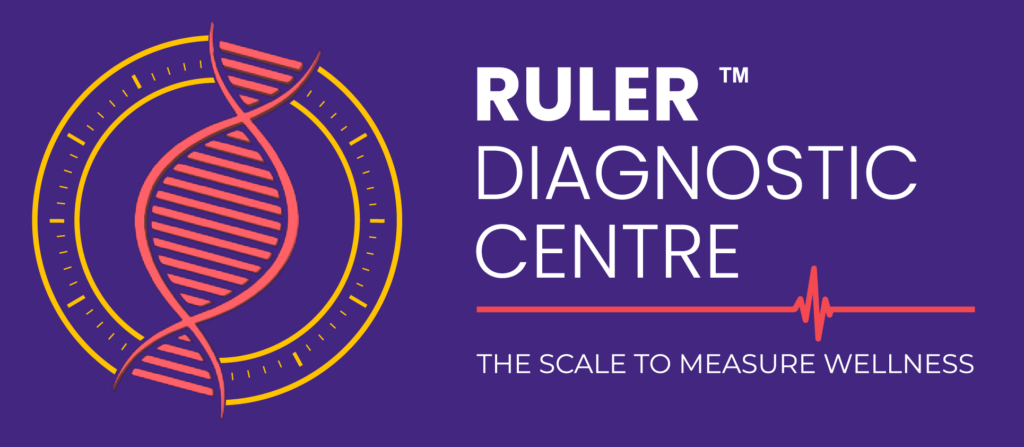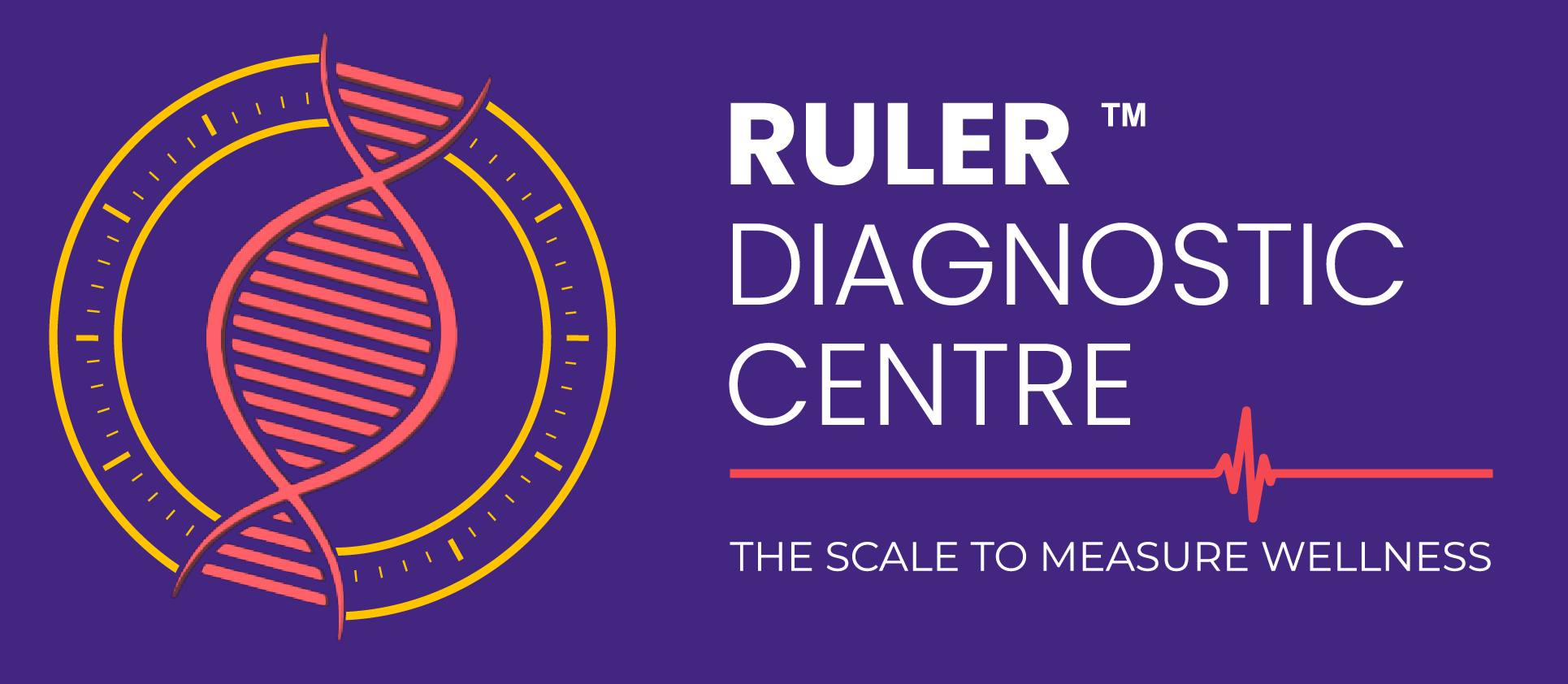Kidney function tests are important for checking how well your kidneys are working. Your kidneys are vital organs that filter waste from your blood, balance fluids, and maintain overall health. Knowing about these tests can help you stay on top of your kidney health.
Why Are Kidney Function Tests Important?
Kidney function tests help:
- Check Kidney Health: See how effectively your kidneys are filtering waste.
- Spot Problems: Find issues like chronic kidney disease (CKD), kidney stones, or infections.
- Monitor Conditions: Keep track of kidney health if you have diabetes or high blood pressure.
- Evaluate Treatments: See how well treatments for kidney issues are working.
Types of Kidney Function Tests
Here are the main types of kidney function tests:
- Blood Tests:
- Serum Creatinine: Measures creatinine, a waste product in your blood. High levels might mean your kidneys aren’t filtering well.
- Blood Urea Nitrogen (BUN): Measures urea, another waste product. High levels can indicate kidney issues.
- Estimated Glomerular Filtration Rate (eGFR): Estimates how well your kidneys are filtering blood. A lower eGFR means reduced kidney function.
- Urine Tests:
- Urinalysis: Checks the appearance and content of your urine. It can reveal issues like protein or blood, which might indicate kidney problems.
- 24-Hour Urine Collection: Measures the total amount of urine produced in a day to assess kidney function.
- Urine Albumin-to-Creatinine Ratio: Compares the amount of albumin (a protein) to creatinine in your urine. High levels of albumin can signal early kidney damage.
How Are These Tests Done?
- Blood Test: A small sample of blood is drawn from your arm.
- Urine Test: You provide a urine sample, either a single sample or over 24 hours.
What Do the Results Mean?
- Normal Results: Your kidneys are working well.
- High Creatinine or BUN: Might indicate kidney problems.
- Low eGFR: Suggests reduced kidney function.
- Abnormal Urine Results: Could mean kidney damage or disease.
Next Steps
If tests show kidney issues, your doctor will guide you on further tests, treatment options, or lifestyle changes. Regular monitoring can help keep your kidneys healthy and address any problems early.
Kidney function tests are crucial for assessing your kidney health. Understanding these tests and their results helps you take charge of your kidney care and address any issues promptly. If you have concerns, consult your healthcare provider for advice and treatment.




